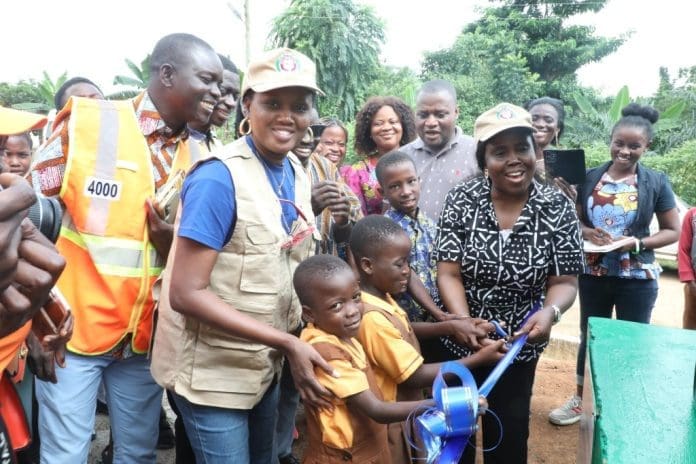The regional bloc marks International Day for Disaster Risk Reduction with calls to prioritize prevention over reactive spending as West Africa faces rising economic losses.
The Economic Community of West African States (ECOWAS) joined the global community on Sunday, October 13, 2025, in commemorating the International Day for Disaster Risk Reduction (IDDRR), calling for a fundamental shift in how nations invest in managing catastrophic events. Under the theme “Fund Resilience, Not Disasters,” the Commission emphasized proactive preparation over reactive emergency responses.
The 2025 observance highlights an urgent need to address escalating disaster costs by pivoting from reactive response strategies to proactive resilience building, a transformation ECOWAS argues is critical for West Africa’s development trajectory.
The economic argument for this shift is compelling. The day calls for two specific actions: increasing funding for disaster risk reduction in public and international budgets, and ensuring all development and private investments are risk informed and resilient. In West Africa specifically, annual disaster losses continue climbing, mirroring global trends where indirect costs push total economic damage beyond $2.3 trillion annually, according to the Commission’s statement.
Yet current spending patterns remain skewed toward emergency relief rather than prevention. ECOWAS officials argue this imbalance must be reversed through bold policy decisions that embed risk reduction in national budgets and international assistance frameworks.
Through its Directorate of Humanitarian and Social Affairs and the Disaster Operations Centre inaugurated in Abuja, ECOWAS has advanced several regional initiatives over the past year. These include operationalizing multi-hazard early warning systems across member states, delivering targeted capacity building programs for national disaster risk reduction agencies, and strengthening partnerships with development actors and technical institutions.
The Commission described these efforts as reflecting its commitment to empowering communities through education and institutional coordination, building resilience from grassroots levels through collaborative governance structures.
Looking ahead, ECOWAS pledged to advocate for increased disaster risk reduction financing within national and regional budgets while promoting education at all levels, from local communities to policy leadership. The regional body also committed to fostering institutional coordination among member states and partners, supporting data driven decision making, and elevating the role of its Disaster Operations Centre in regional preparedness.
ECOWAS’s 2025 Humanitarian Response Initiative targets reaching over 600,000 individuals through programs addressing food security, displacement, water and sanitation, healthcare, and early recovery support. The initiative emphasizes regional preparedness and emergency response capabilities.
“Resilience is not a cost, it is an investment,” the Commission stated, positioning prevention as a strategy to safeguard lives, protect development gains, and build a West Africa prepared not just to respond to disasters but to prevent them.
Celebrated annually on October 13, the international day recognizes how people and communities worldwide are reducing their exposure to disasters and raising awareness about the importance of managing the risks they face. The United Nations established the observance to encourage citizens and governments to build more disaster resilient communities and nations.
The focus on funding mechanisms comes as climate change intensifies extreme weather events across the region, from flooding to droughts, while rapid urbanization creates new vulnerabilities in densely populated areas. ECOWAS officials maintain that strategic investment in prevention infrastructure and early warning systems will ultimately prove more cost effective than perpetual emergency responses.
Source: newsghana.com.gh











